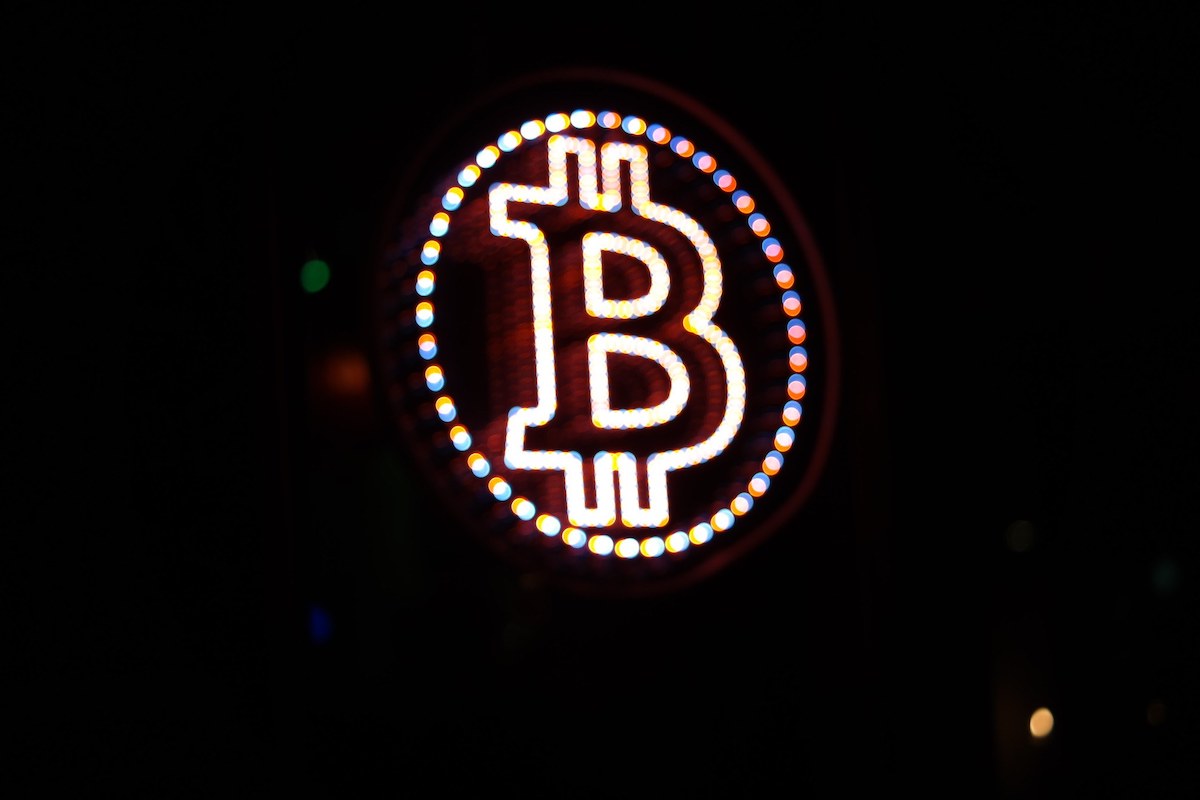Global Turmoil Fuels Bitcoin’s Meteoric Rise: Analyst Predicts Accelerated Adoption Through 2025

BREAKING: Digital Gold Surges as Traditional Systems Falter
GEOPOLITICAL UNCERTAINTY DRIVES CRYPTO INFLOW
Bitcoin isn't just surviving global unrest—it's thriving. As nation-states grapple with economic instability and currency devaluation, institutional players are quietly accumulating positions. The decentralized asset continues to demonstrate its value proposition precisely when centralized systems show their fragility.
WHY INSTITUTIONS CAN'T IGNORE BTC ANY LONGER
Hedge funds and corporate treasuries now view Bitcoin as non-negotiable portfolio insurance. Unlike traditional safe havens, BTC offers borderless settlement, predictable issuance, and resistance to inflationary policies—features becoming increasingly valuable in turbulent times. The network effect grows stronger with each sovereign crisis.
Wall Street's latest 'discovery' of Bitcoin's store-of-value properties would be adorable if it weren't so painfully late to the party. Meanwhile, the original crypto continues doing what it does best: cutting out middlemen while traditional finance tries to figure out how to charge fees for accessing it.
Declining trust in legacy systems
Visser explained that public trust has deteriorated not only in banks, but also in employers, governments, and national currencies. He stated:
“I don’t trust my employer. I don’t trust the government. I don’t trust the banks. I don’t trust the currency. I don’t trust the debt. I don’t trust anything, and so, I don’t see how you all of a sudden get the trust back.”
This sentiment, according to Visser, aligns with the thesis of the “Fourth Turning,” a concept describing cyclical societal upheaval and change.
Fourth Turning and the K-shaped economy
The Fourth Turning, based on the book by William Strauss and Neil Howe, suggests that societies periodically experience instability and reset.
Visser highlighted that a growing number of people feel excluded from economic prosperity, referencing the “K-shaped” recovery where asset holders benefit while others face increasing financial pressure.
Consumer confidence and inflation concerns
Recent data from the University of Michigan shows that only 24% of Americans expect their spending habits to remain stable in 2026.
Most respondents anticipate higher inflation and rising unemployment, with over 60% expecting job losses.
These trends point to widespread concern about financial stability and the purchasing power of fiat money.
Bitcoin as an alternative
With record-high government debt and increasing geopolitical tensions, Visser and others argue that bitcoin offers an alternative to the traditional system.
As confidence in legacy institutions wanes, bitcoin’s attributes as hard, incorruptible money may become increasingly appealing for both individuals and nations.

